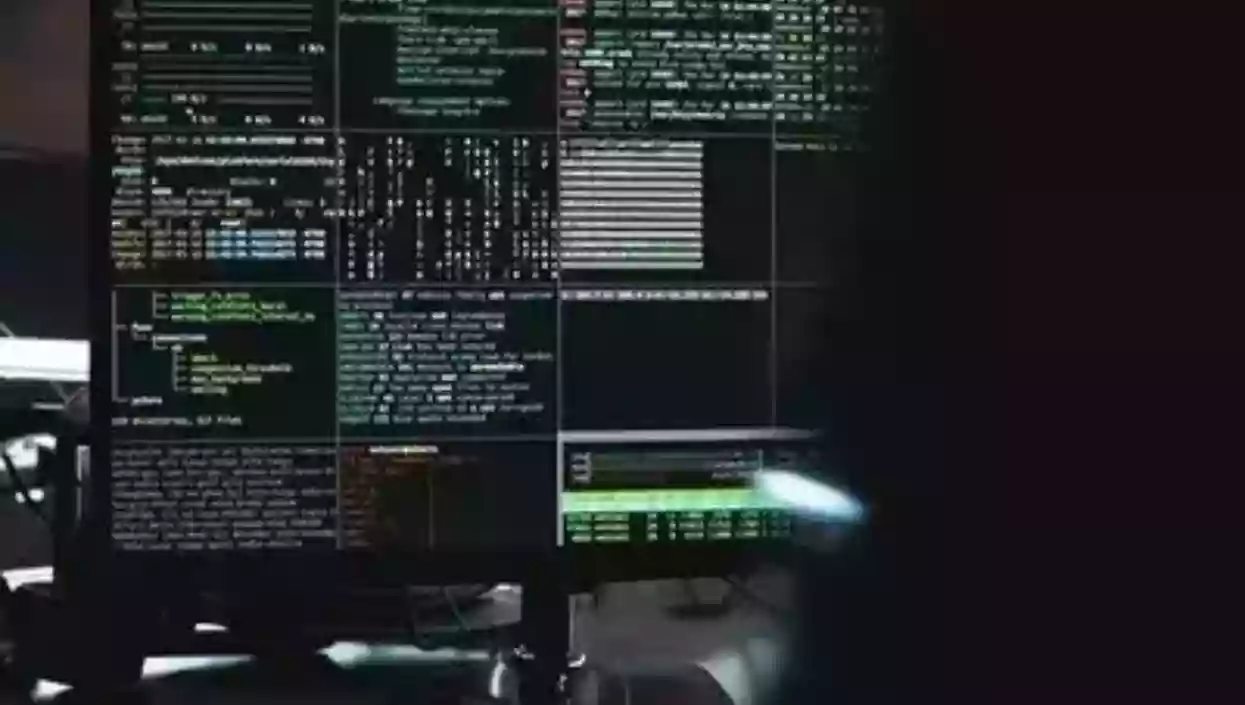.gif)
.gif)

India has successfully blocked multiple cyber intrusions by Pakistan-based hackers targeting sensitive defense-related websites, highlighting the growing threat of cyber warfare alongside traditional border tensions. The attacks were linked to a group identified as “IOK Hacker,” short for Internet of Khilafah, which attempted to breach Army and Air Force-affiliated platforms.
According to Indian intelligence officials, four coordinated hacking attempts were recorded in recent days. These included attempts to deface websites of Army Public Schools in Srinagar and Ranikhet, and disrupt services via distributed denial-of-service (DDoS) attacks. The hackers also tried to gain unauthorized access to the Army Welfare Housing Organisation (AWHO) and the Indian Air Force Placement Organisation.
The cyber attackers aimed to post inflammatory propaganda, steal personal data, and disrupt online services. However, India’s multi-layered cyber defense protocols detected and neutralized the threats in real time. All compromised websites were taken offline immediately and restoration efforts were initiated. No classified military data or mission-critical systems were affected in the attacks.
Officials confirmed that the hacker group has emerged as a digital extension of Pakistani aggression, with its cyber strikes coinciding with increased ceasefire violations along the Line of Control (LoC). In the latest incidents, Pakistani forces opened unprovoked small arms fire in Kupwara, Baramulla, and Akhnoor sectors on the night of April 28–29. The Indian Army responded swiftly and effectively, continuing a five-day streak of robust retaliation.
These cyber incidents follow the April 22 Pahalgam terror attack, in which 26 people lost their lives. Since then, the Indian Army has intensified anti-terror operations across the Kashmir Valley, while also increasing its vigilance in the digital domain.
Security experts have lauded India’s cyber resilience but cautioned that evolving threats require constant modernization of defense systems. While the attackers failed to breach core military infrastructure, the growing frequency of such attempts is a reminder of the complex hybrid warfare India now faces.